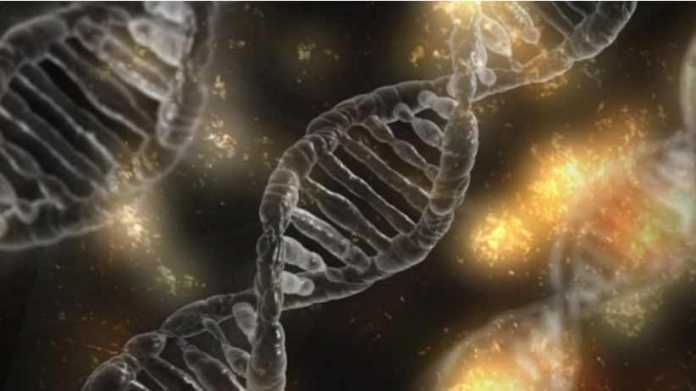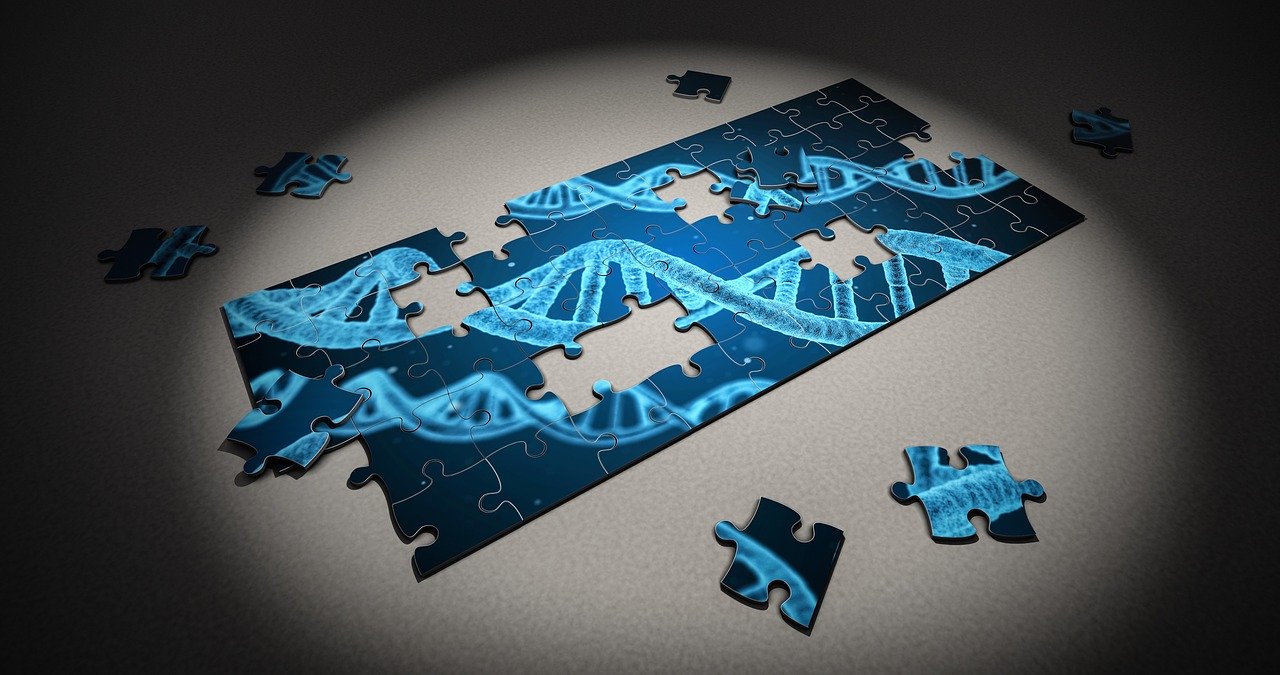Are there any benefits to ancestry DNA testing? This is a legitimate question that people who have never used one of these services might ask. And rightfully so too; after all, they haven’t had the experiences that others who used the services have had. But the truth is that many people have experienced psychological and physical benefits after having ancestry DNA testing done. The many positive and eye-opening experiences that have been shared by people who have used DNA testing services speak volumes when it comes to benefits, but today we’ll go a little further by exploring five of those benefits in detail.
A Clearer and More Accurate Medical Profile
One very important advantage enjoyed by people who get their ancestry investigated through DNA testing is access to a more complete medical background. When people discover previously unknown family members they also get an opportunity to learn about the gene-based ailments that those people carry. Imagine a young female finding her maternal relations and then discovering that the women in her maternal line had a tendency to develop breast cancer after passing a certain age. Armed with this valuable information, she can now be proactive and test to see if she carries the gene that predisposes women to breast cancer. Other proactive steps for this female would be to place greater priority on her annual mammogram and frequent self-breast examination. In taking these steps she would be reducing her chances of dying from the disease. But without the information about her maternal line, she may not be aware of her increased risk and therefore wouldn’t take precautionary steps. And that is just one way the medical background that comes from an ancestry test might help. It is also useful for people who plan to have children as it reveals what conditions might be passed on and for people who need biological donation (such as plasma or organs) a perfect match may be found in the newly discovered family line.
Access to a High Level of Accuracy
Most of the benefits derived from ancestry DNA testing are hinged on one factor, the accuracy of the DNA tests. DNA testing is so accurate that it is relied on by forensics teams around the world as they work to solve the crime. People who use DNA to investigate their ancestry as against paper trail research only, derive more accurate results. While the paper trail is susceptible to human error (since documents created by human hand can be flawed, to begin with, or maybe interpreted erroneously), the DNA approach is so steeped in science and technology that the capacity for error is almost zero.
DNA evidence has a powerful reputation for accuracy with results globally acknowledged as having 99.99%accuracy and a minuscule error margin of just .001%. In other words, the margin error is so small that it is negligible. This high rate of accuracy is achieved because of the science behind DNA testing. The samples submitted are examined closely by trained genealogists who look for commonalities with samples in the existing database. To find these commonalities they focus on genetic markers to find unique patterns for each gene. In other words, the examination focuses on the makeup of each cell and the arrangement of the patterns therein.
The expansive nature of the pool of samples used to compare also aids in the accuracy of the tests. Most established DNA ancestry companies have thousands of samples in their pool and these samples typically cover a wide range of geographic locations. This increases the likelihood of producing highly accurate results.
A More Complete Family Tree
Because DNA ancestry testing is so reliable and has such a great track record for accuracy, it is the perfect tool for those who seek to close gaps in their family trees. Instead of trudging along with the voids unaccounted for, people who take advantage of Ancestry DNA testing can find the missing pieces of their bloodline puzzles.
There have been cases of families finding members who disappeared without a trace and remained missing for years, through DNA testing and there have been cases of parents who have found children from whom they were separated. This all attests to the power of DNA testing to reunite families.
Better Family Relationships
A lot of the new connections forged through ancestry DNA testing blossom into great relationships. When people discover long lost connections they often go on to spend time learning about each other’s life experiences. This is one bond-building activity that has its roots in ancestry DNA testing. Families that are reunited this way often find that they can now start to work on healing the emotional and psychological wounds that the fragmented family state caused.
Even in cases where the relationship forged isn’t family-based, sometimes friendships are started. This was the case with two genealogists who discovered they were cousins. Of course, these two ladies already shared a professional relationship but thanks to their ancestry DNA results, they were able to add a new dimension to their relationship. The closure that the results sometimes bring also helps to improve the relationships people have with friends and family.
Peace of Mind
When you have a fuller picture of your family lineage you and your descendants are less like to inadvertently engage in incestuous relationships. You’ll be more informed about the lineage that precedes you and the geographical locations that your lost family connections call home. This means that you’ll be able to exercise caution when selecting dating partners.
The resolution of identity issues brought about by ancestry DNA results will also help people to enjoy peace of mind. It can be quite liberating to have knowledge of your ancestral origins and the people in your family network as this helps to define who you are as a person.
Of course, it goes without saying that the benefits gained from Ancestry DNA testing vary. Because each test subject is unique and has unique circumstances, this produces a unique experience with the journey to discover unknown relatives.
Disclaimer: This article contains sponsored marketing content. It is intended for promotional purposes and should not be considered as an endorsement or recommendation by our website. Readers are encouraged to conduct their own research and exercise their own judgment before making any decisions based on the information provided in this article.







































































